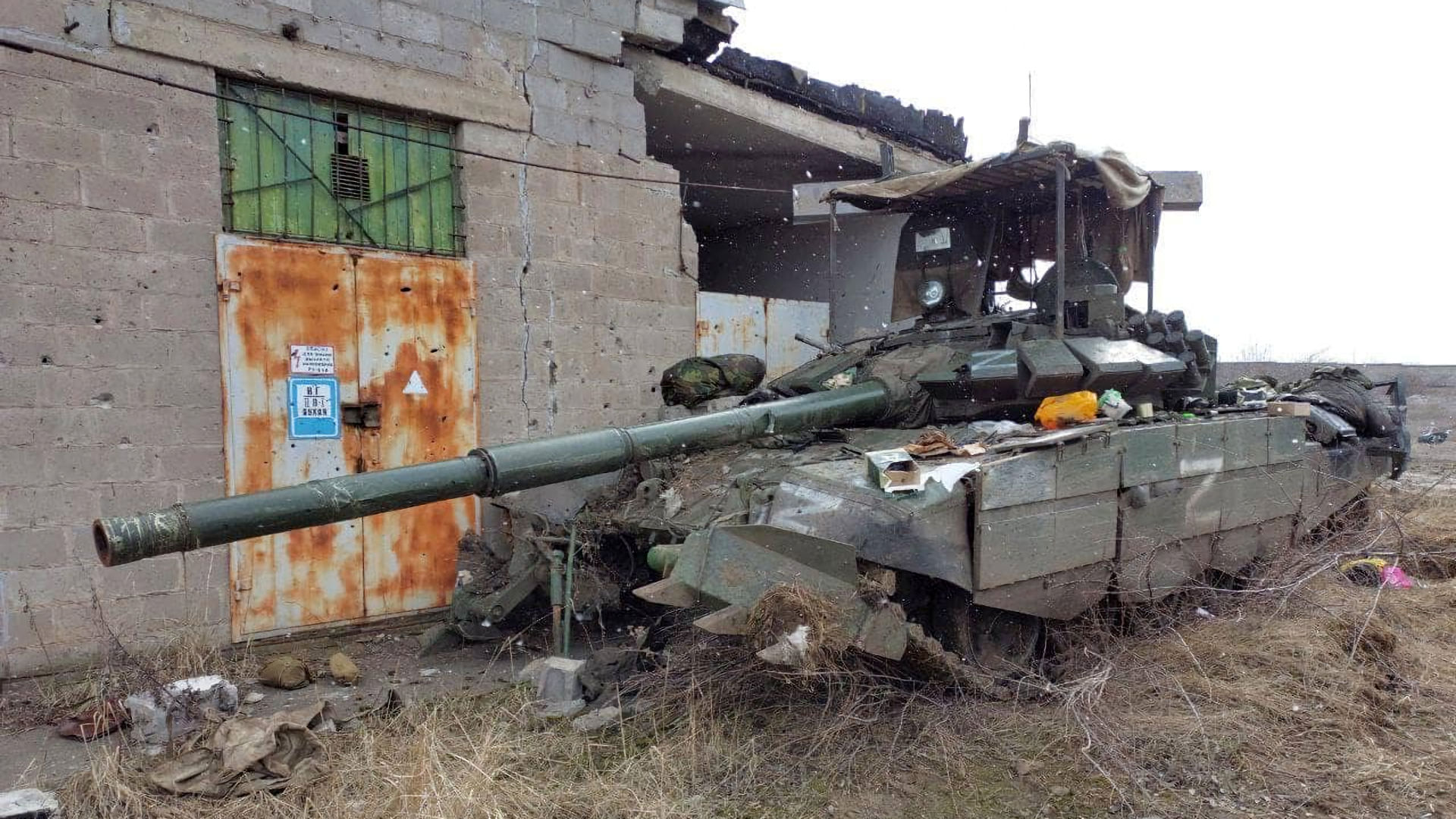
Photo: Ministry of Internal Affairs of Ukraine, licensed under the Creative Commons Attribution 4.0 International License.
While brave Ukrainians are dying for their country—and poor Russian conscripts are perishing in a war about which they are mostly clueless—it seems cold-hearted to speculate about what this war might mean for the future of the globe. Yet precisely because we were caught by surprise by a brutal war we thought could never, ever happen again in Europe, it is imperative to think about its implications.
By Gregory F. Treverton
NOTE: The views expressed here are those of the author and do not necessarily represent or reflect the views of SMA, Inc.
The only certainty is that there will no clean end to this war, no starched uniforms signing documents on the deck of the Arizona. In the best of circumstances, Putin will declare victory and withdraw his troops from Ukraine save perhaps in the east. Yet even if Ukraine agreed to stay neutral as part of such an ugly deal, Russia would remain an international outcast and Putin an accused war criminal. It would be hard to imagine sanctions being removed in that context. In the sadly more likely future, one predicted by my former colleagues in U.S. intelligence, the war will settle into a grinding stalemate, a wider version of what was afoot before Putin’s invasion.
Thus, the first set of international implications is economic. All the challenges the international community now faces will continue and worsen. How will embargoed Russian energy be replaced? How will poor countries be fed when Ukrainian (and perhaps Russian) grain is either strangled or embargoed? The cruel need to ramp up production of fossil fuel at home, and to cozy up to frenemies like Saudi Arabia abroad, will also remain inescapable.
So far, the sanctions imposed on Russia have been impressive but not devastating, and the war will only abet efforts by Russia and other states to make themselves more sanctions-proof—by denominating trade in currencies other than dollars and by finding ways around SWIFT, the global infrastructure for inter-bank financial transactions. So far, those efforts have been only modestly successful: witness the failure of the Europeans to get around the Trump-imposed U.S. sanctions and thus keep the Iranian nuclear agreement alive. Exactly how blockchain and other decentralized transfer systems will play out remains to be seen, but they seem likely to make evading sanctions easier.
To be sure, there will be some surprising winners in these geoeconomics, but not all of them are happy ones for us. The Democratic Republic of the Congo (DRC), for instance, turns out to be a major source of lithium and of rare earth minerals, ones critical in batteries and other technologies to which the rich countries will turn as they seek to wean themselves from oil. And China also dominates the production of rare earths (which are not so much rare as thinly concentrated, thus an ecological disaster to mine).
The first political imponderable is whether the impressive Western front will stay together as the going gets tougher—for instance, as Europe sweats or freezes. So far, the anti-Putin coalition has been an impressive achievement of the Biden administration, admittedly with lots of help from Russian brutality. As many have observed, it is coalition of the familiar, close allies of the United States in Europe and Asia. Most of what we used to call the Third World, notably India, has sat this one out. Many of them are not real democracies, and so they are resistant to the American clarion call that this war is one of democracy versus autocracy. And even America’s friends are skeptical because they know our words are worthy, but our actions are worrisome because our own democracy is in jeopardy. We are only one election away from a Putin friend as president.
The longer-term geopolitical issue is Russia. Putin has bet his country on this war, and he is losing the bet. In the short run, that is terrifying, for who knows what might tempt a leader who is losing and has nothing to lose. In the longer run, though, Putin has governed Russia for 22 years and has done virtually nothing to rescue a failed state from dependence on oil. Rather, he has distributed the “rents’ from oil wealth to oligarchs he now controls. Thirty-plus years ago, at the end of the Soviet Union, I bet on the Russian kids, who I thought would understand that Russia’s future was only with the West. I lost that bet. They either kept their heads down and made money or moved to Brighton Beach.
So, this time I’m betting carefully. I think this is the end of Russia as a major power. When I had the honor to launch the National Intelligence Council’s Global Trends report in 2017, Carl Bildt, the distinguish Swedish diplomat and prime minister, did us the honor of attending. I mused with him about how long it would be before we worried about a Russia that was too weak, not too strong. He said, “about a decade.” Putin’s war, with all its inhumanity, has hastened that timetable.